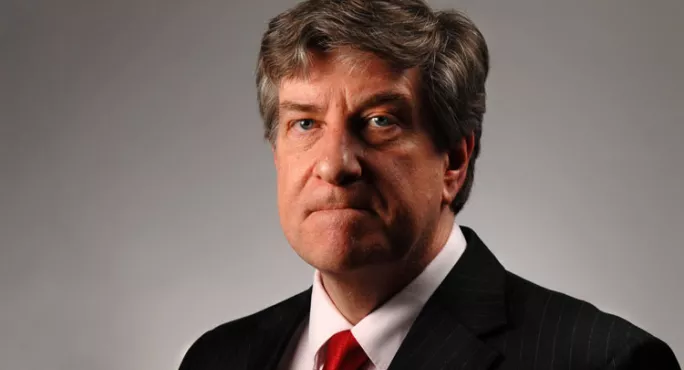The government’s schools tsar has stepped in to curb excessive academy chief executive pay and ensure leaders are not rewarded for failure, Tes can reveal.
News of the intervention from national schools commissioner Sir David Carter comes on the day that universities minister Jo Johnson announced that universities that cannot justify paying their vice chancellors more than the prime minister could be fined.
Department for Education figures show that 111 trustees of academy trusts - mainly principals and chief executives - earned more than the prime minister’s £150,000 salary in 2014-15.
Asked about such high levels of academy executive pay, Sir David told Tes: “I do recognise that presentationally this looks difficult.”
He pointed to a letter schools minister Lord Nash sent to all academy trust last October asking them to make sure their policies on executive salaries and expenses could be justified in public.
“On the back of that letter we have been much more demanding and much more assertive with boards about how they are managing that,” he said.
Sir David said that having “challenging conversations” about chief executive pay was a “very important” part of the work of the eight regional schools commissioners he oversees.
Asked whether he had achieved concrete results and lower salaries, he said: “Yes, of course I have.”
He added: “When perhaps a new appointment has been made it has been reviewed and reconsidered, and reflected the stage the trust is at, and on other occasions they have made an adjustment from base salary to include a performance element that enables high performers to be rewarded but not as an actual base salary, and I think those are sensible responses.”
He said he disagreed with calls from academy programme pioneer and former Labour schools minister Lord Adonis for a cap on CEO salaries that exceed the prime minister’s, but said the peer had “raised a very important point”.
Sir David also justified the pay package of England’s highest paid academy leader, Sir Dan Moynihan, of the Harris Federation.
According to Harris’s accounts, he was paid £420-425,000 in 2015-16, in addition to employer’s pension contributions of £50-55,000.
By comparison, the controversial pay packet of the vice chancellor of the University of Bath was £451,000 in the same year.
Sir David said: “I look at that through the lense of the number of children in the Harris academies, and I think I am right in saying it is around about £12, £13, £14 per child that contributes to Dan’s salary.
“Every single one of Harris’s academies are good or outstanding, so as a parent would I be worried about that? I think I would be more concerned about the quality of education my child is getting.
“But, if I’m talking about a CEO who’s earning let’s say £200,000 plus, and that’s not the sort of results they have, I reserve the right to have that challenging conversation with the board about that.”
He called for CEO pay to reflect the scale and size of the challenge they are asked to take on, as well as how well the trusts are performing.
He added: “I think we could do more to provide benchmarking data for those trusts. I think we could do more to look at the types of salaries that a trust of 1,000 or 2,000 or 5,000 children are earning across the country.”
In July, the government brought in a new rule “emphasising that decisions about levels of executive pay must follow a robust evidence-based process”.




